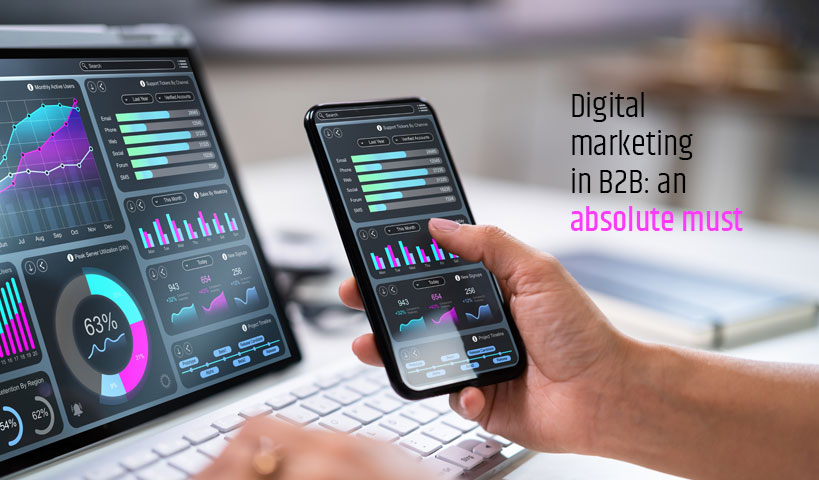
Social Media – The Reality
We know that social media is everywhere.
Here are some statistics:
There are 640 million people on Facebook. 50% of those use that platform each day to share a staggering 7 billion links.
The average person spends 15 minutes on YouTube daily. YouTube exceeds 2 billion views per day. 24 hours of video is uploaded every minute. (my stats from here)
Twitter now counts 175 million people. 4 million tweets are tweeted per hour and 460,000 new accounts are created each day.
Each second, a new user joins LinkedIn, which now counts over 70 million users. Note: in many B2B circles, LinkedIn is considered as the tool of choice.
Social Media Strategy
Many businesses falsely believe that simply creating a Facebook page, a LinkedIn account, promoting their products on Twitter and positioning themselves of YouTube is enough to be noticed on social networks. Not true. Businesses must think of the long term and become reactive. They must act strategically and get involved in inbound marketing. We suggest the following strategy:
5 keys elements
1: Discover the most popular networks amongst clients who speak about your products, services, or your business.
2: Understand what is being said on these social networks. Amongst others:
• Evaluate the quantity of transmitted information;
• Interpret the mood of the different messages;
• Perform a real-time analysis;
o Video
o Augmented Reality
• Surmount obstacles: understanding the technical vocabulary/slang, identify typos, figure out the meaning of the acronyms being used
3: Figure out favourable occasions and risks before they become new trends:
• To understand what is being said on social networks, a keyword search or graphic trend analysis is not enough. On the contrary, this allows niche products to be discovered. Be aware that when a trend is easily identifiable on the analytic Web, it’s too late. The product is already in its growth phase.
• Pay particular attention to the importance of subjects, and less to how often they have been mentioned. This will allow your client to modify the negative opinions about them and seize business opportunities.
4: Be prepared to react with regards to important subject matter when it’s related to your client’s business:
• This will allow you to accelerate the publishing of subject matter with a positive connotation and to modify or slow down those with a negative message;
• Be careful, you must respect the rhythm of the market: during a conversation about a specific subject, a one day delay in a business responding can signify important revenue losses. It’s bad for reputation and sales.
• Develop alarm signals to spot conversations with a negative connotation.
5: Increase customer loyalty though social media:
• Platforms like Twitter and Facebook can be used as focus groups. In fact, people tend to share their opinions on these platforms without any censoring, and that information can be extremely useful when making strategic decisions.
To wrap up, social networks are excellent 21st century communication methods, it’s better to learn to control them, then to suffer their side-effects.
References:AMA Webcast : Capitalizing On RichInformationFromSocialNetworking Sites: How to Effectively Monitor, Understand and Optimize What’s Being Said About Your Brand, Michael Olson et Mickey Lee from Autonomy; WebActus : Site d’actualités Web et dérivés, Statistiques autour de LinkedIn : https://www.webactus.net/actu/7178-statistiques-linkedin/, 2 juillet 2010 Solis, B. and Jess3, The conversation prism : The art of listening, learning and sharing; www.theconversationprism.com




